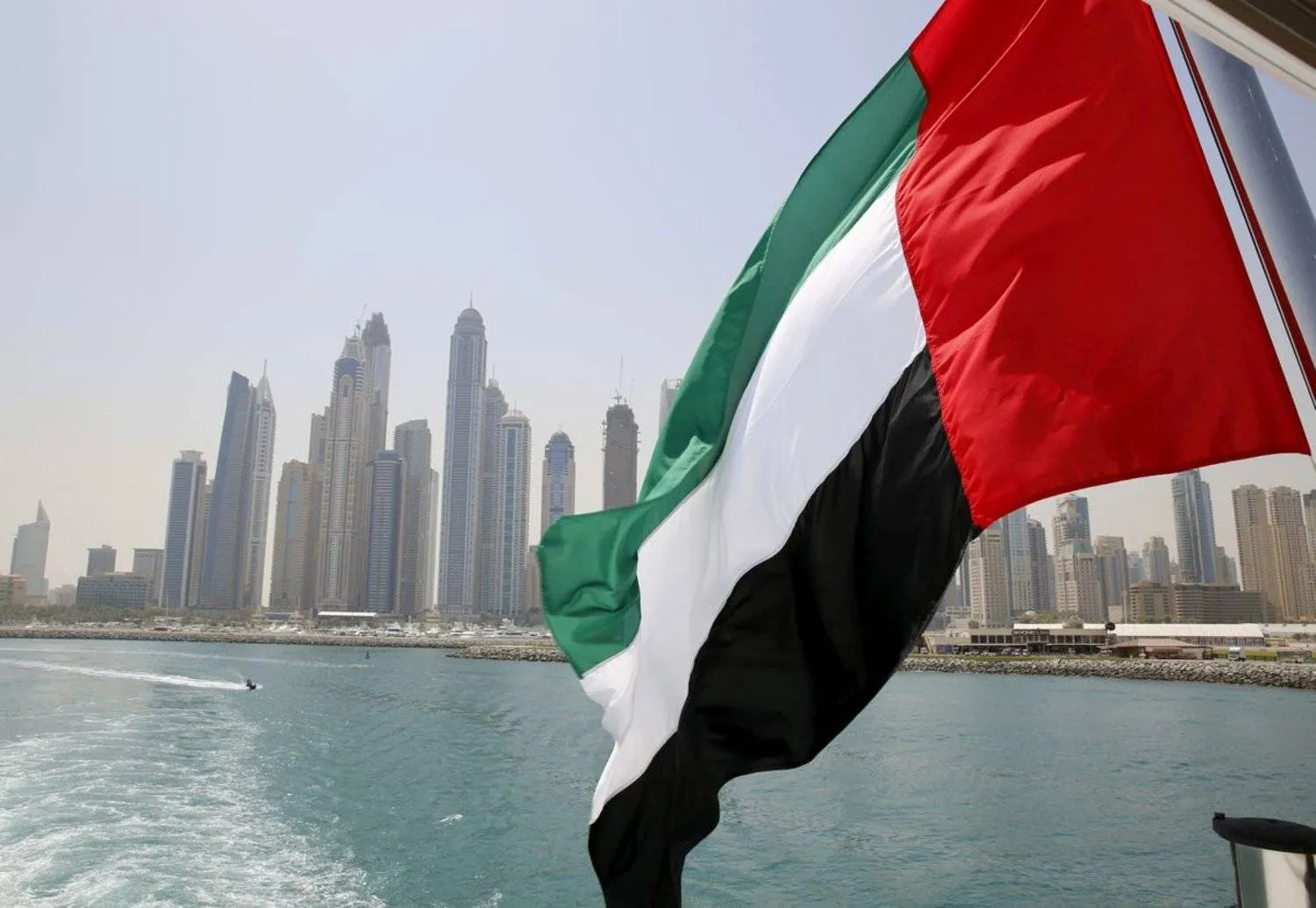UAE Minister of State Sheikh Shakhboot bin Nahyan Al Nahyan has expressed the UAE’s deep concern over violence in Sudan, particularly against women, children, and the elderly in Al Jazirah state, which resulted in the killing and wounding of a number of innocent civilians, state news agency WAM reported.
He underlined that the UAE is alarmed by reports of sexual violence against women and girls, the high risk of famine, and the continued suffering and displacement of thousands of civilians.
Sheikh Shakhboot bin Nahyan called on the Sudanese warring parties to return to dialogue, respect their commitments under the Jeddah Declaration and the mechanisms proposed by the Aligned for Advancing Lifesaving and Peace in Sudan (ALPS) related to facilitating safe, urgent, and unhindered access to humanitarian aid. His also underscored the necessity for all parties to adhere to their obligations under international humanitarian law.
The Minister emphasised the importance of protecting civilians according to international humanitarian law, and the need to ensure that they are not targeted during conflict.
In this regard, Sheikh Shakhboot bin Nahyan reaffirmed the UAE’s unwavering position in calling for an immediate ceasefire, stressing its support for efforts to achieve national consensus toward forming a civilian-led government, in a way that meets the aspirations of the Sudanese people for development and prosperity.









